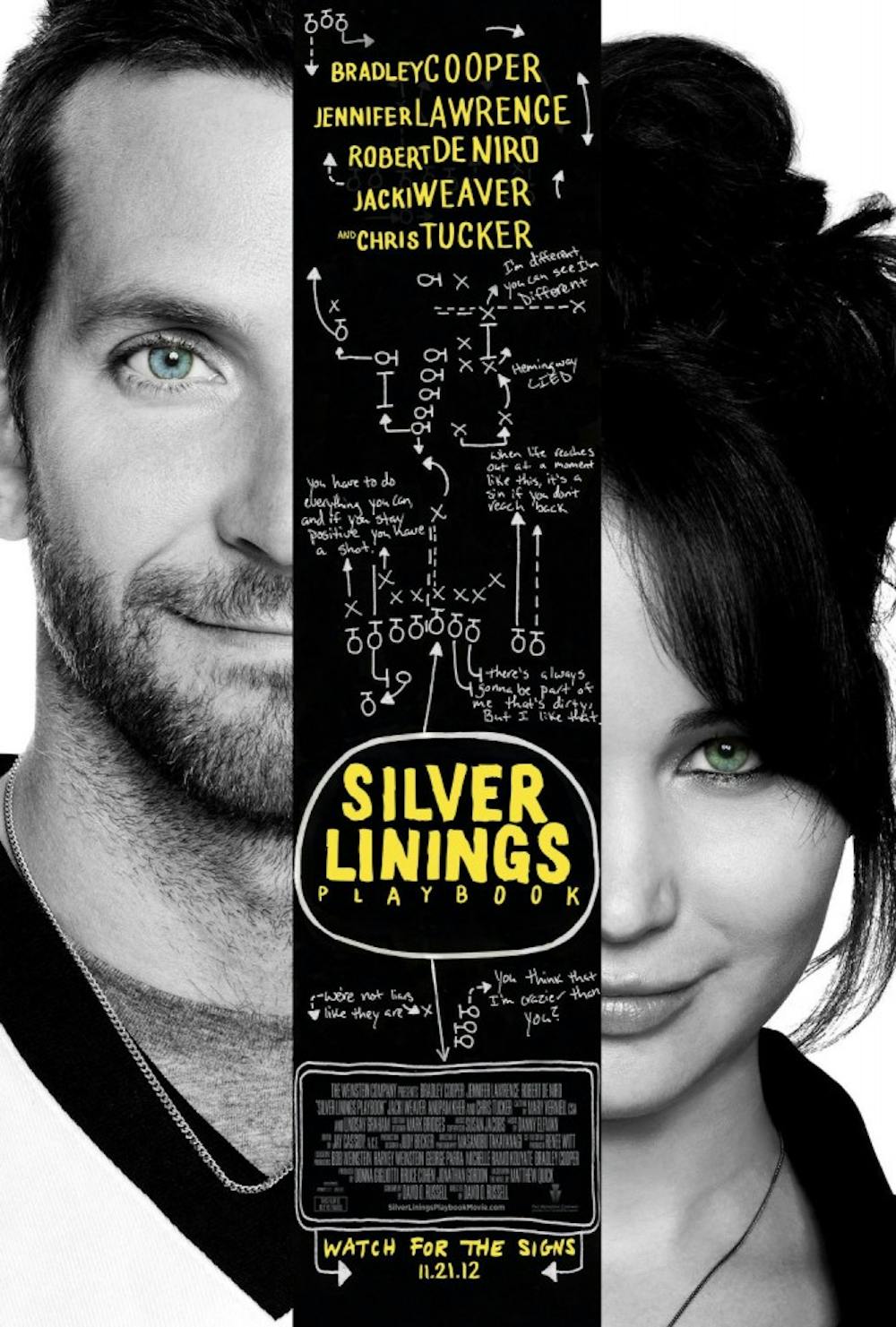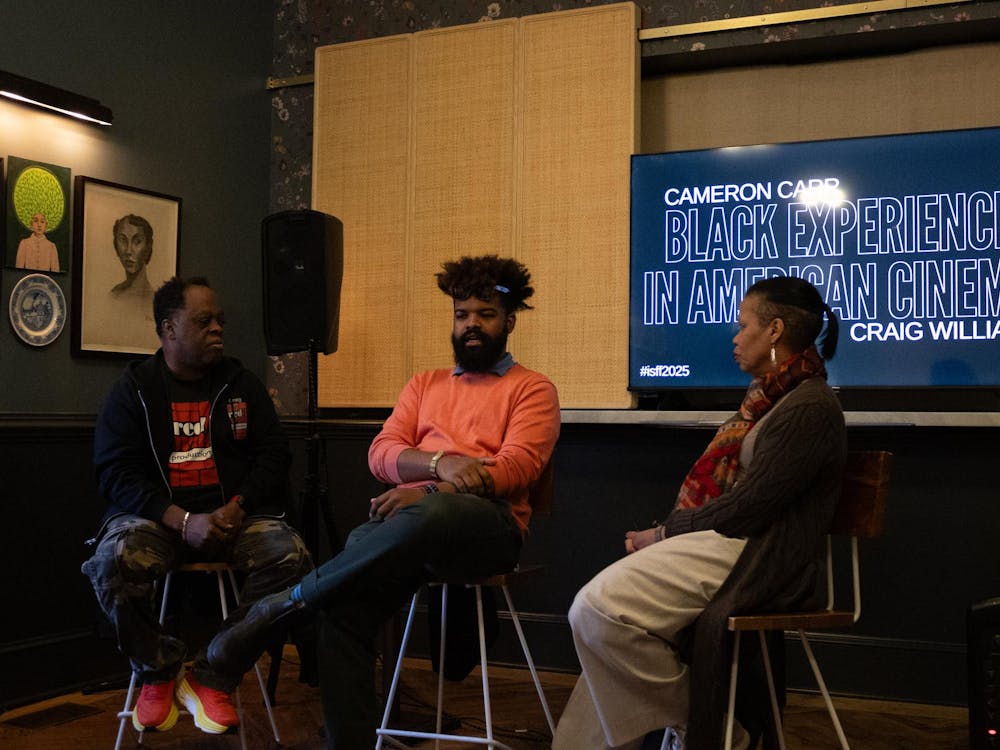Because one person’s experience with a disorder may vary greatly from another’s, mental health issues are difficult to portray in movies. The notion of “accuracy” would require concrete categorization of illnesses which often have blurred lines and overlapping symptoms. Perhaps in part for this reason, few feature films even attempt to broach the subject. Those that do often use mental illness as a device to further the plot — particularly romantically.
This is not always a bad thing. In the 2012 film “Silver Linings Playbook,” Pat (Bradley Cooper) has bipolar disorder and falls in love with Tiffany (Jennifer Lawrence), who has a history of depression. Their love story is used as a symbol of hope that a relationship can persist despite disturbing and painful extenuating circumstances.
The movie also attempts to break the stigma attached to mental health by depicting characters who talk openly about their medication, have positive experiences with therapy and maintain support from their families. Given that both lead actors were nominated for Academy Awards, the film clearly offers at least an engaging, honest look at the complexities of characters with different disorders without trying to label or rank them.
But at the heart of “Playbook,” it is still a love story. Pat, who spent the beginning of the movie re-learning to set goals for himself and overcome triggers, becomes Tiffany’s romantic hero after she runs away drunk and crying from their dance competition. While their relationship is not necessarily seen as a “solution,” it is definitely a welcome relief from a period of struggle.
Interestingly, this romantic climax is not uncommon among movies which feature mental disorders. For example, 2007’s “Numb” follows Hudson Milbank (Matthew Perry), a screenwriter who is diagnosed with depersonalization disorder, a personality disorder characterized by the “persistent or recurring experience of being detached, as if one was an outside observer of one’s mental processes or body; the sense that the external world is in a dream,” according to the film.
Milbank falls in love with Sarah (Lynn Collins), an executive who is “attracted to damaged men.” Though the film acts as a personal narrative, walking viewers through Milbank’s various experiences with drugs and therapy, it focuses on this relationship with Sarah to reveal and explain Milbank’s struggle with his identity. The use of a relationship as a device is again not entirely negative, as Milbank’s growth is demonstrated in his realization love is worth the difficult recovery process. However, it should be noted this relationship does detract from the subplot involving Milbank’s unsupportive mother, rude brother and naïve but loving father.
But when it comes to unfortunate representations of romantic entanglement with mental illness, 1993’s “Mr. Jones” is the worst offender. The film stars Richard Gere as a manic-depressive man who falls in love with his therapist. Though the movie attempts to represent both mania and depression, these mental states are utilized as devices to transition the plot and get Gere into a mental hospital, where he meets Dr. Elizabeth Bowen, the woman who can finally understand him. The film does, however, touch on how Jones struggles with his identity because of the stigma attached to mental health. When Jones’ doctors insist bipolar disorder does not define him, he shouts, “I don’t have a disease, it’s who I am!”
The portrayal also emphasizes progress is not linear, a truism discovered by many who deal with mental illness. However, this idea is shortchanged in the movie’s culmination, when Jones stops his medication, experiences a manic episode and still kisses his doctor on a rooftop. The viewer is left to wonder — or, more likely, doubt — exactly where Jones stands in relation to his previously defining struggle.
While many films deal with mental health issues in other ways, the romantic pattern is frequent enough do to draw notice. Ideally, the future of mental health films will offer a glimpse into the lives of individuals whose illnesses are incorporated better in their lives.
There does not have to be an answer to mental illnesses, but there can be hope — and a struggling character does not need a love interest to embody that.







